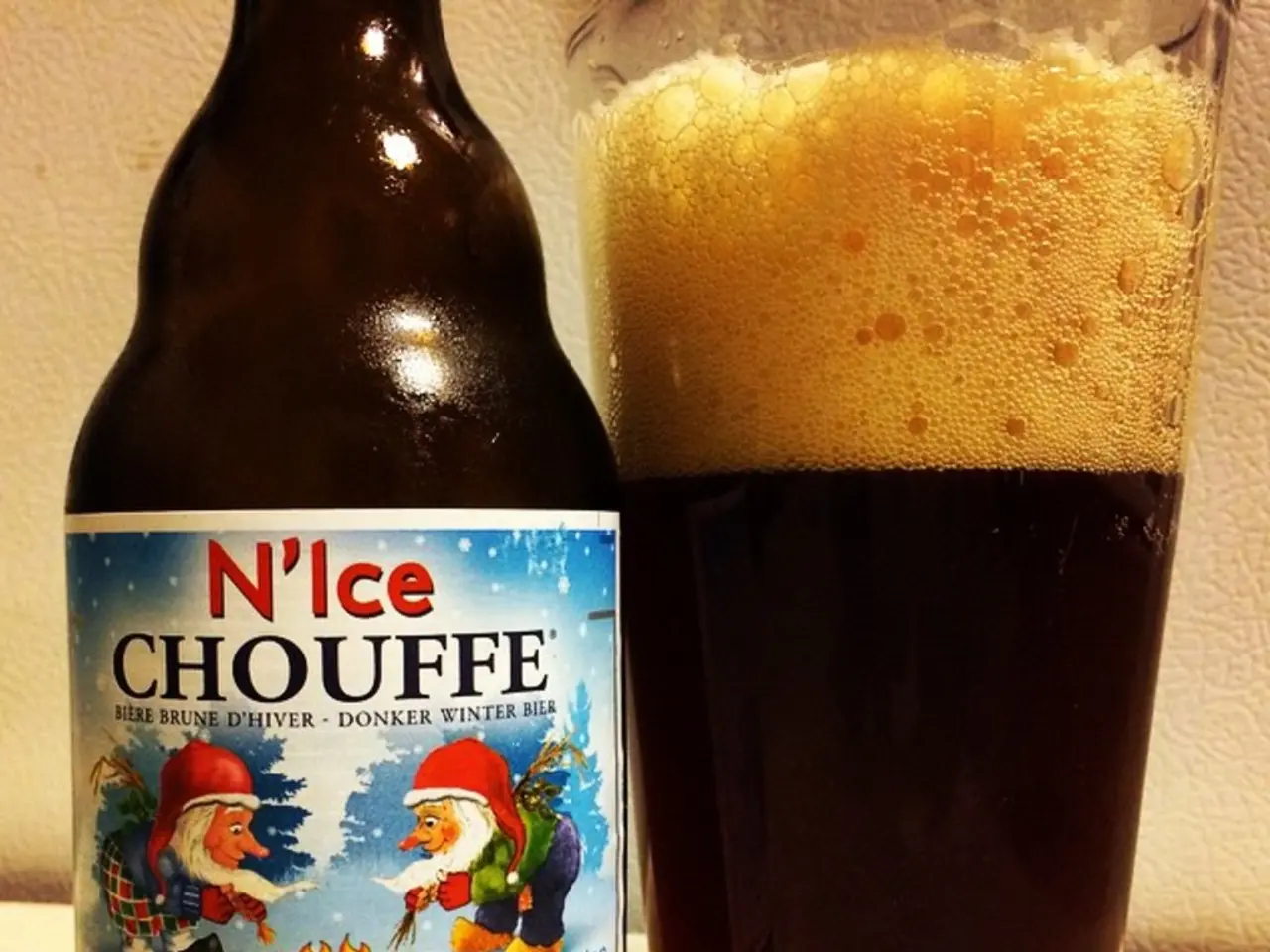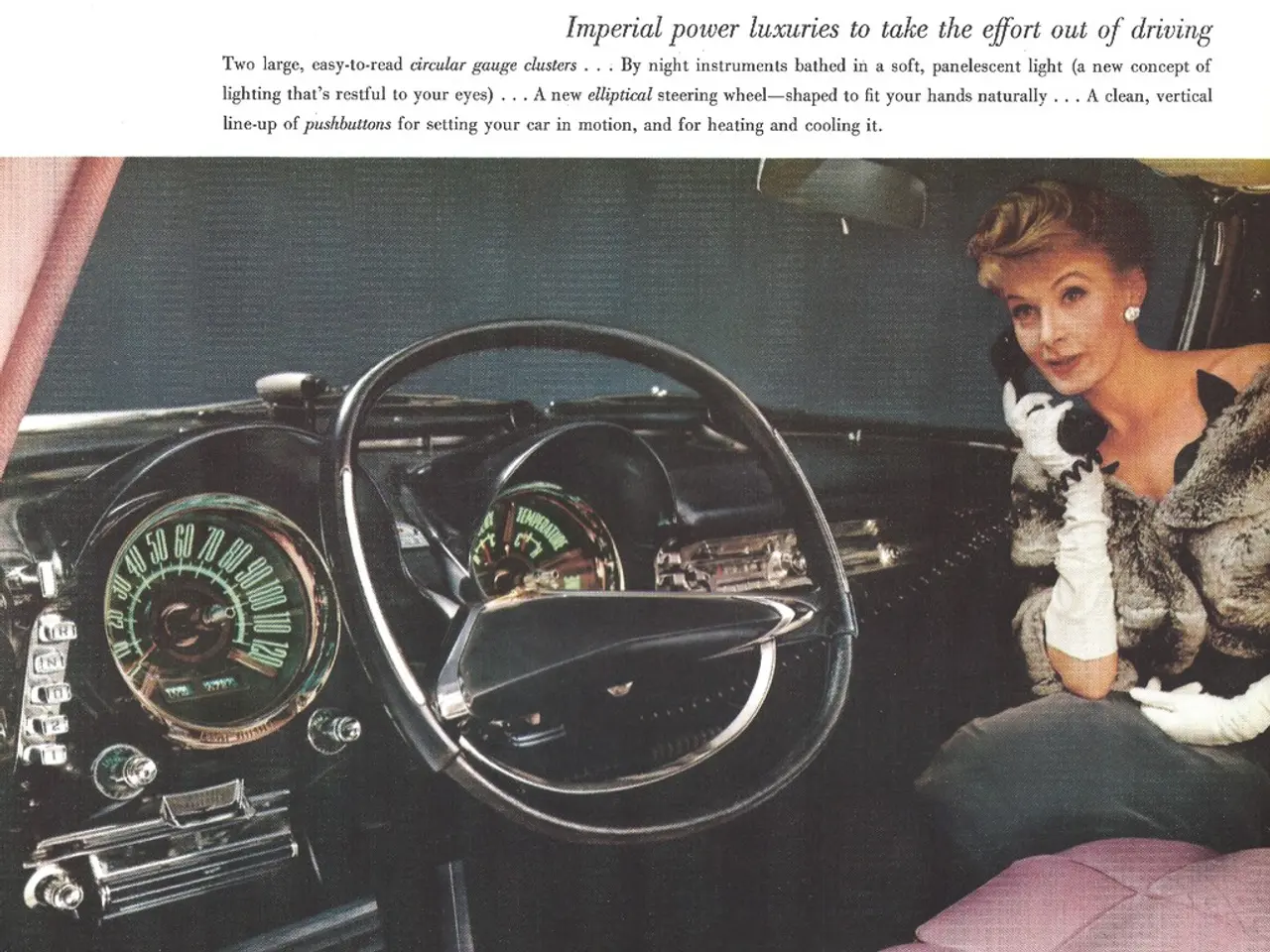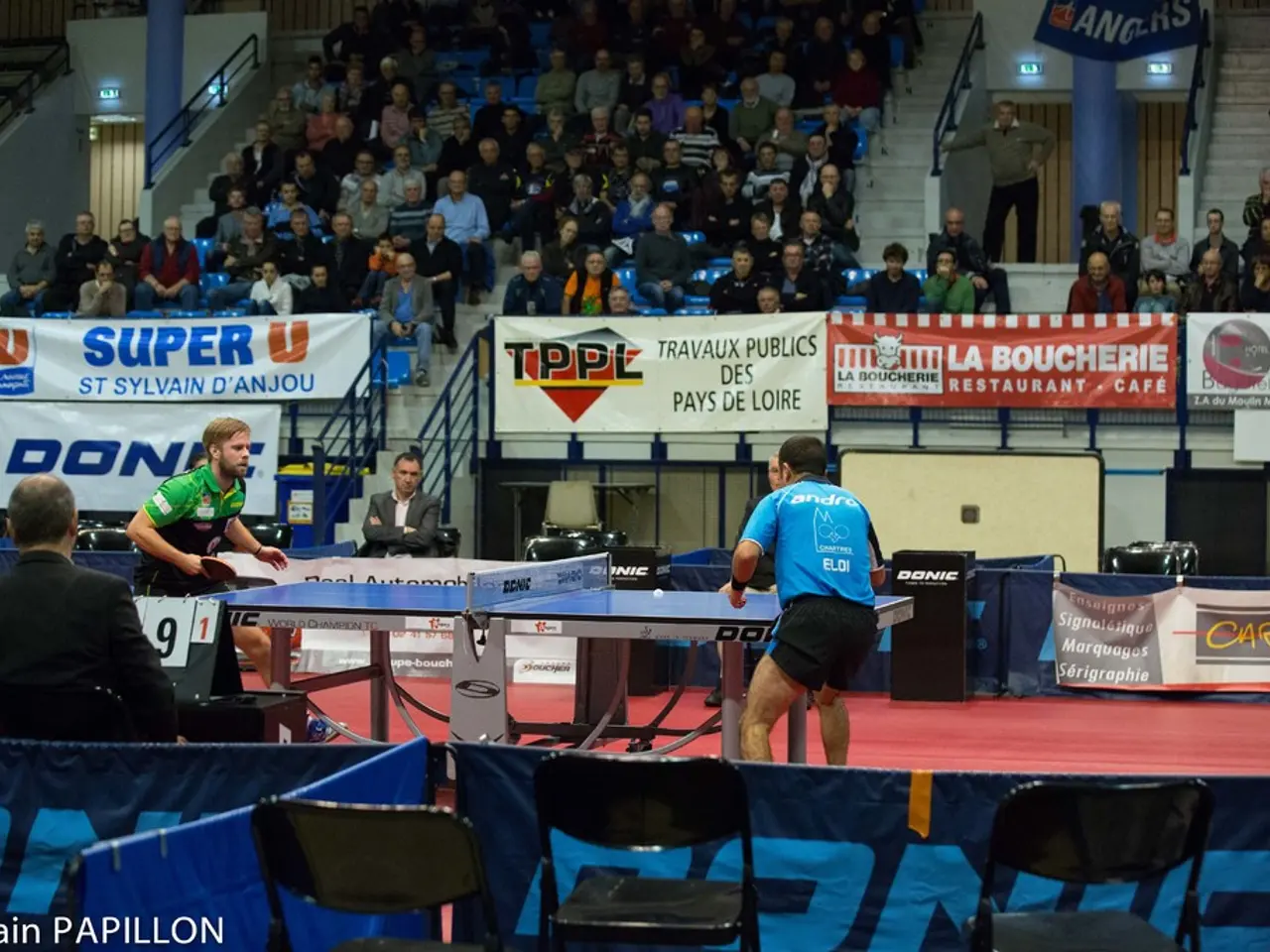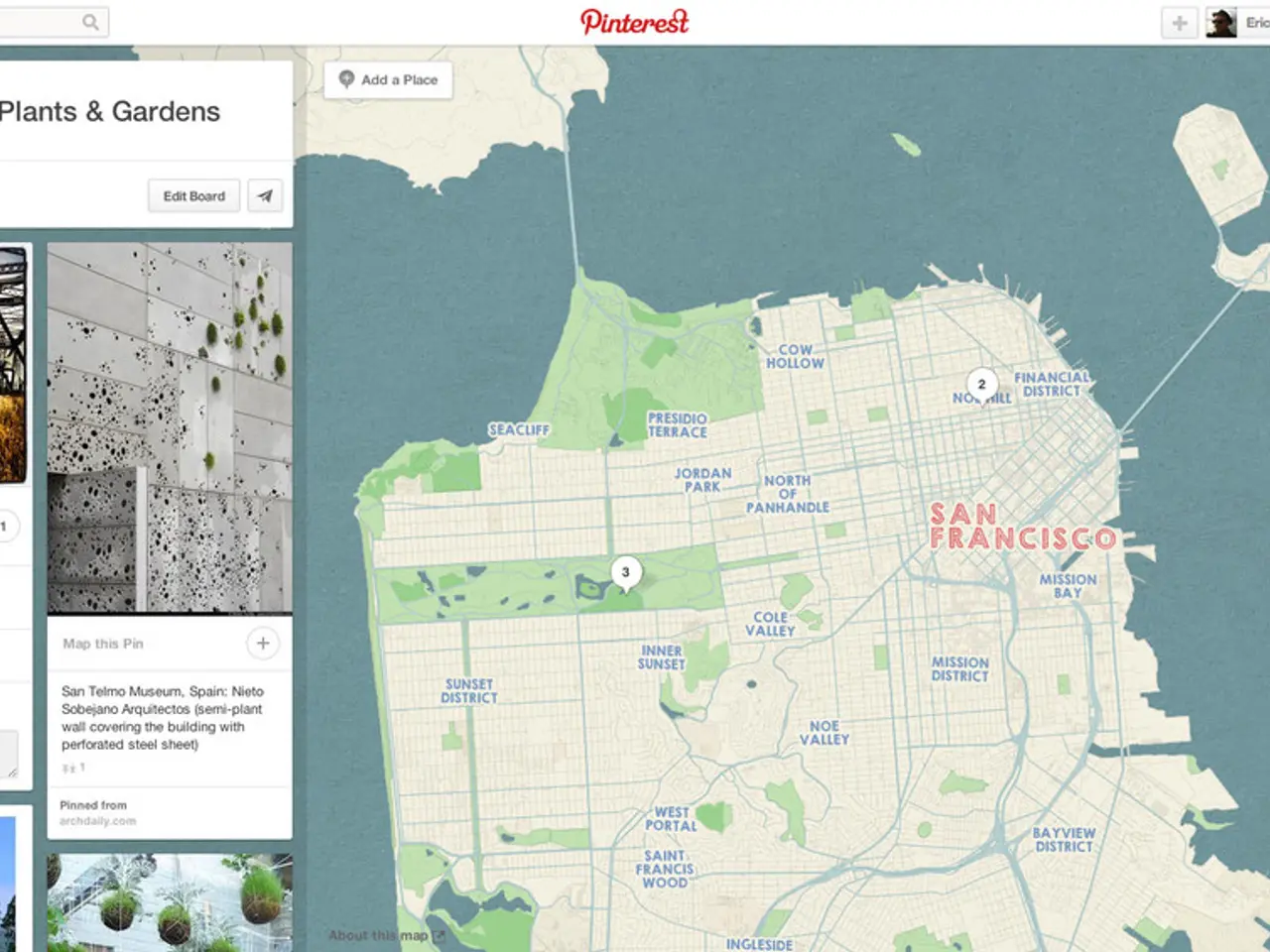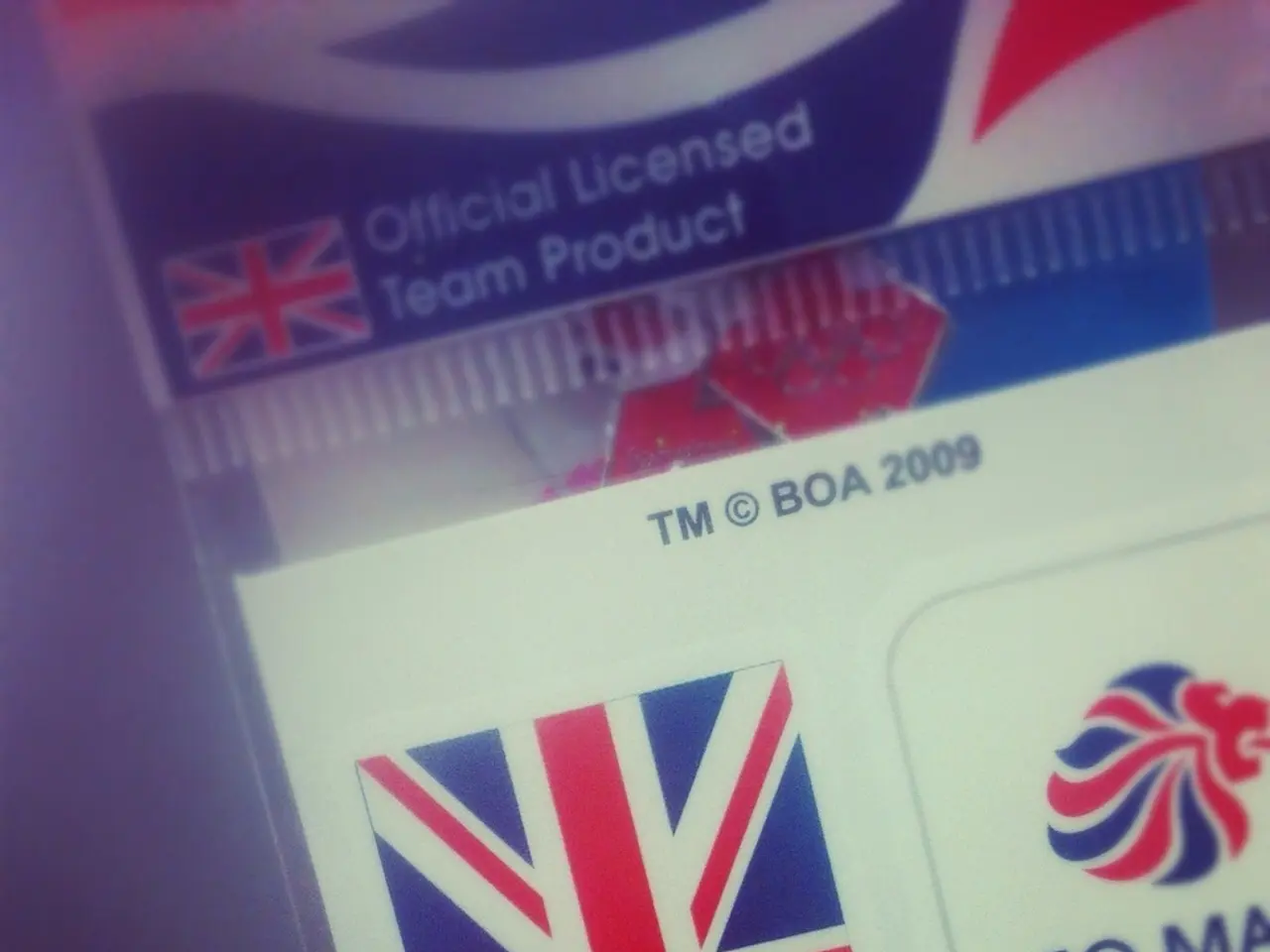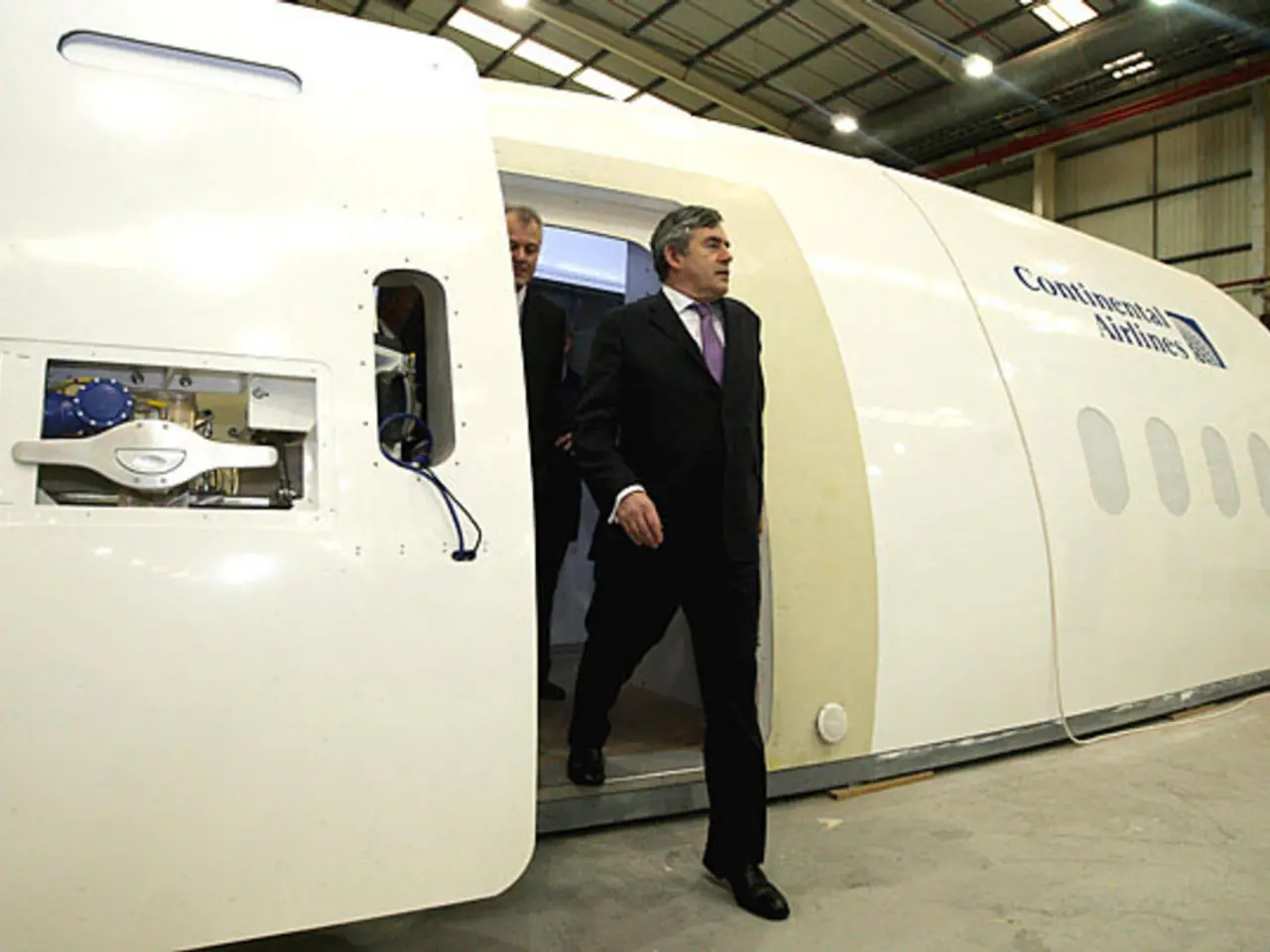Beer enthusiasts abstain from imbibing
In the first half of 2025, the German brewing industry experienced a significant setback, with alcoholic beer sales falling by 6.8%. This decline, according to industry experts, is of historical significance.
Volker Kuhl, CEO of Veltins brewery, stated that the weather in the first half of the year did not help the industry, and the weather's impact was felt across the sector. Despite this, Veltins managed to achieve a 2.3% increase in sales to 1.78 million hectoliters in the same period.
However, the industry-wide loss of around 2.3 million hectoliters from January to May compared to the previous year is about twice the usual annual decline in the shrinking market. This decline is driven by several factors, including high production costs and changing market dynamics, shifting consumer preferences, and the impact of COVID-19 and changes in consumption patterns.
German beer production involves relatively high costs, which affects mass production viability. Meanwhile, there is strong growth in brewing in countries like Russia, China, and Africa, where market expansion is rapid, and German brewers have not captured significant market share. This international competition contributes to the weakening position of German breweries in terms of production volume despite stable or increasing numbers of breweries themselves.
Younger urban consumers, such as millennials and Gen Z, are increasingly seeking healthier and lifestyle-oriented alternatives to traditional alcoholic beers. This trend is fueling growth in the non-alcoholic beer segment, which offers similar sensory experiences without alcohol. The rise of the zero-proof movement and increased health awareness are driving substantial market shifts in Germany.
The pandemic disrupted traditional on-premise sales channels like bars and restaurants, leading to a decline in draft beer sales. However, this was partially offset by increased at-home consumption and a surge in packaged beer sales (bottled and canned) through grocery and liquor stores. Supply chain challenges and evolving distribution methods forced breweries to adapt their business models quickly.
Breweries in Germany are attempting to recover and adapt by focusing on small-scale, local breweries, expanding non-alcoholic and craft beer offerings, and leveraging direct-to-consumer (DTC) sales and diversified distribution. Smaller breweries serving local markets are seeing some profit by catering to local demand through restaurants and shops, maintaining a niche despite broader production declines.
German breweries are launching innovative non-alcoholic beers with exotic flavors and eco-conscious production methods to attract health-conscious and variety-seeking consumers. Non-alcoholic beers are expected to dominate future growth, with forecasts showing strong compound annual growth rates and increasing market share.
Breweries are enhancing their presence in supermarkets, online channels, and direct sales to consumers to capture changing buying habits accelerated by the pandemic. Not every brewery will be able to continue as before, according to Kuhl, and it's expected to take until 2026 for the industry to benefit from the consumption climate again.
Despite the challenges, Kuhl remains optimistic but cautious. He stated that non-alcoholic beers are not a crisis solution and are at best a temporary solution to ease the pain in the market. He also expects a point where breweries may give up or sell due to the shrinking beer market. People continue to hold onto their wallets, according to Veltins, and it's often the second or third beer that's not being drunk right now.
In conclusion, the key causes for the decline in alcoholic beer sales in Germany are high production costs, international competition, changing consumer preferences toward health and non-alcoholic options, and shifts in sales channels due to COVID-19. Breweries are recovering by innovating with non-alcoholic and craft products, localizing production, and adapting distribution strategies to new consumer behaviors. The future of the German brewing industry will depend on how well these strategies are implemented and how quickly the industry can adapt to the changing market dynamics.
[1] German Brewing Industry Faces Decline in Sales, Brewbound (2025) [2] How COVID-19 is Impacting the German Brewing Industry, Forbes (2020) [3] The Rise of Non-Alcoholic Beers in Germany, Spiegel Online (2021)
- Despite the challenges faced by the German brewing industry, such as high production costs, changing consumer preferences, and international competition, breweries are attempting to recover by focusing on non-alcoholic and craft beer offerings, localizing production, and adapting distribution strategies to new consumer behaviors.
- The increase in sales at Veltins brewery, despite the industry-wide decline, may be a testament to the potential success of these strategic changes in the face of the current market dynamics affecting the German sports of brewing.
